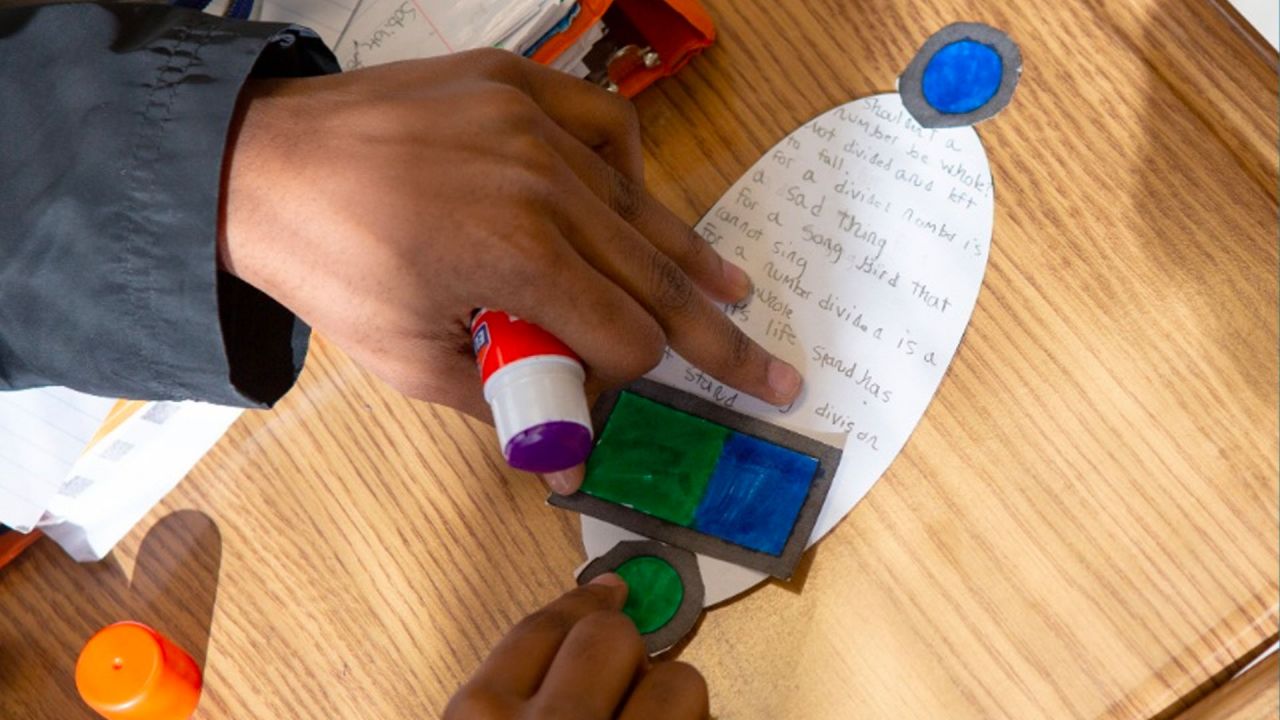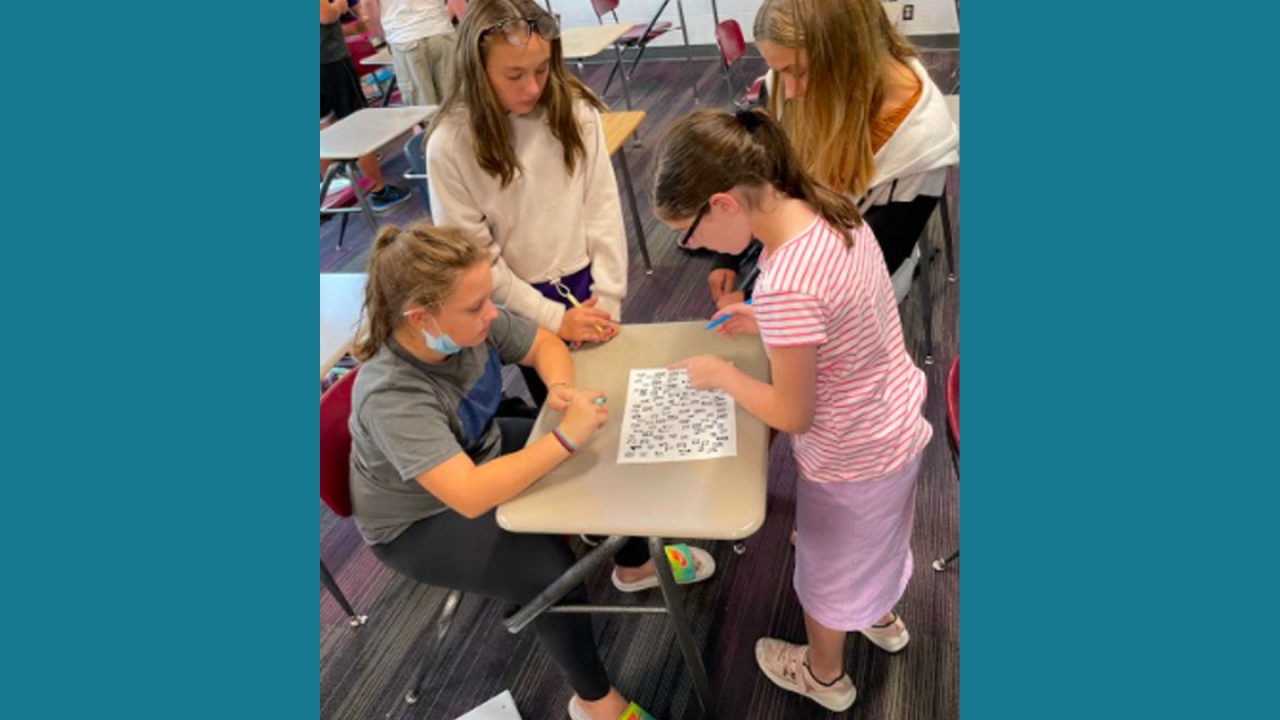Teaching the way I was taught wasn’t inspiring to my students. However, transitioning to a conceptual approach was a critical element in building strong foundational understanding and capacity for all students to succeed in math. Learners need opportunities to DO math, and in DOING, there is LEARNING.
DOK
Many have been in PLC meetings that go nowhere. How do we recalibrate our PLC time to keep it running at peak efficiency?
I wanted to create a space where my students could make mistakes and be okay, where they actually liked coming to my class, where they felt “smart” in their own way wherever they were in their learning, where they would push themselves to do better than yesterday, where they could struggle with something and still be alive to tell about it.
As an educator, I am happy to grab tools that help simplify my work and (hopefully) save me time. In fact, making those tools is something I myself love to do! As such, I have collected several versions of graphics that put verbs into categories to support educators in their attempt to determine the Depth of Knowledge (D.O.K.) of a task.
Depth of Knowledge (D.O.K.): What is it? Why does it matter? Why has it been added to the already full plates of educators? To be honest, I didn’t really give D.O.K. much credit.






